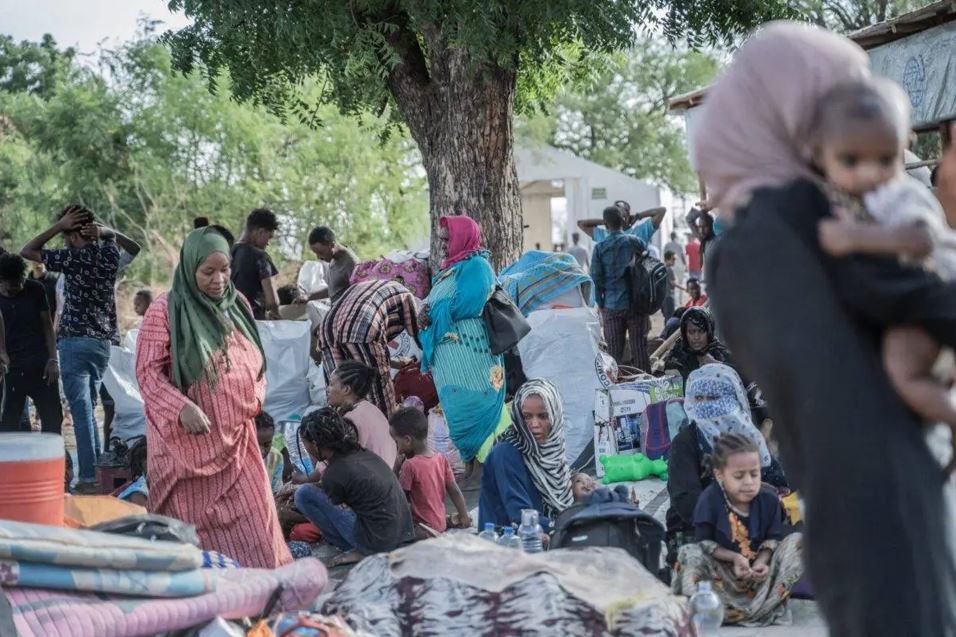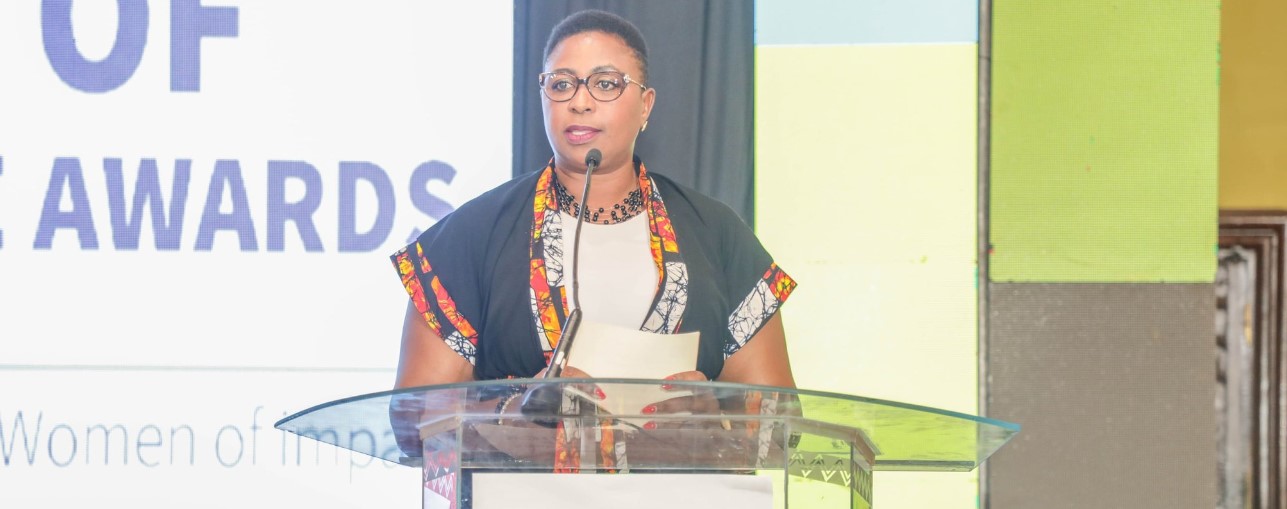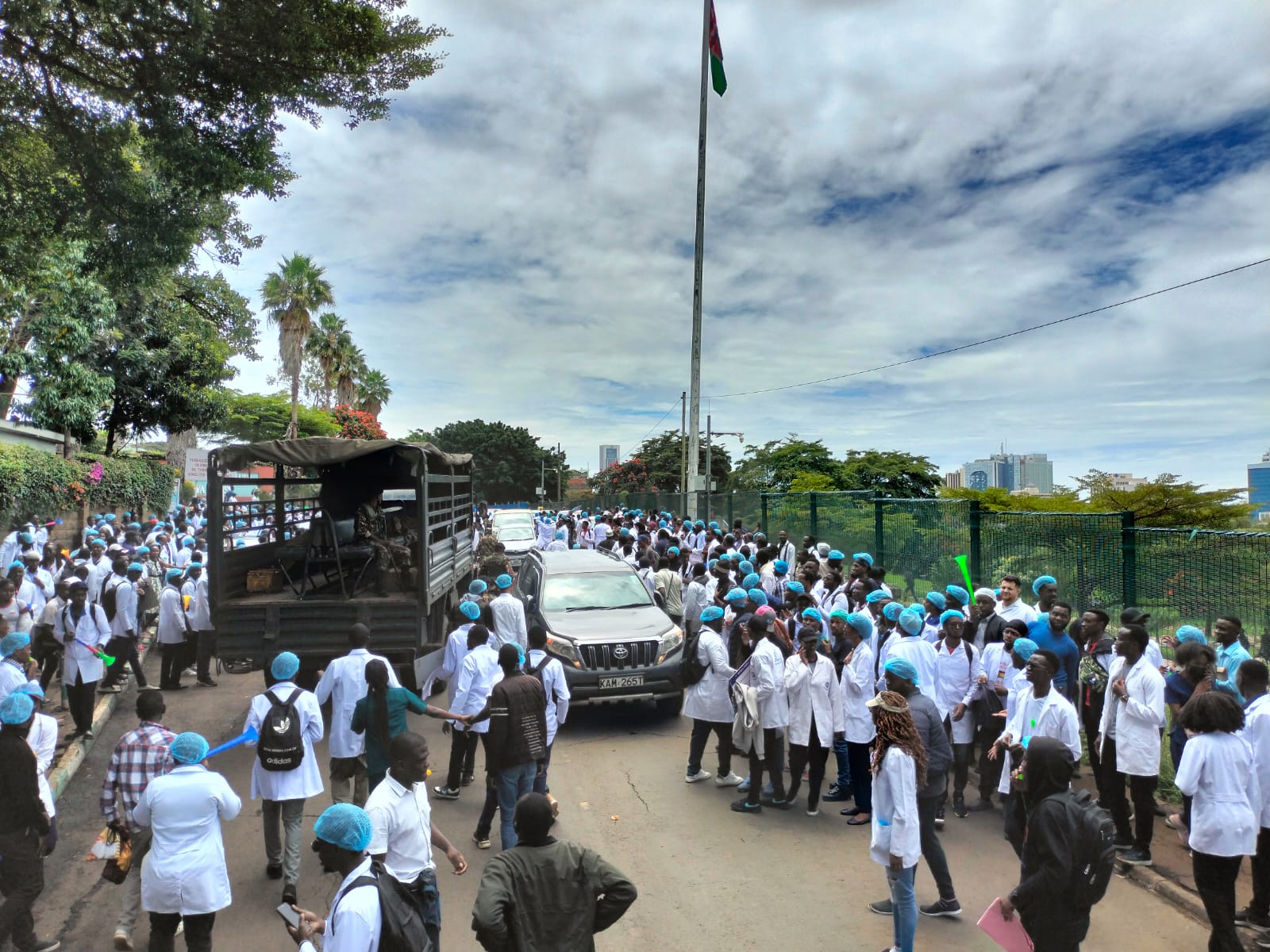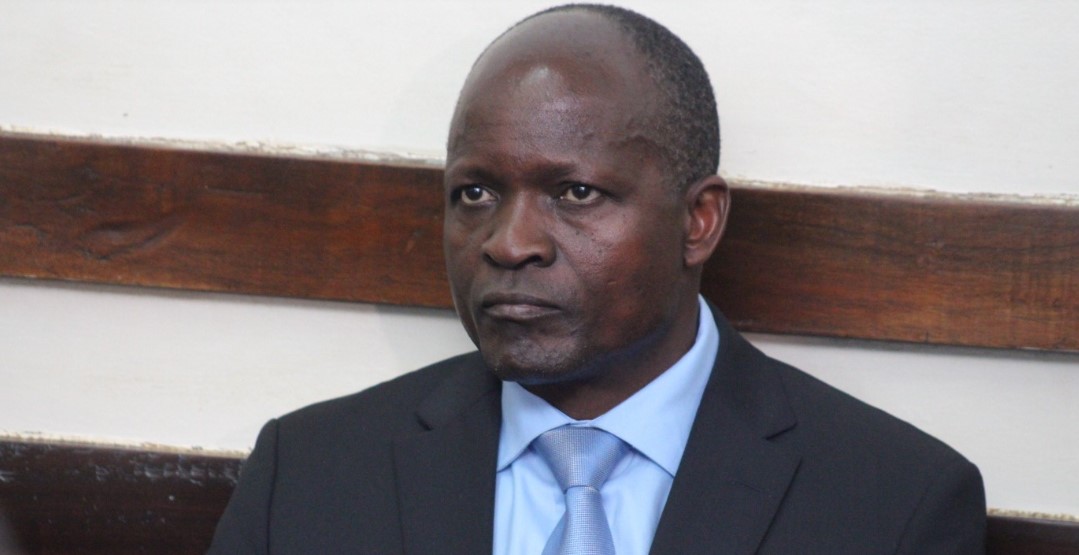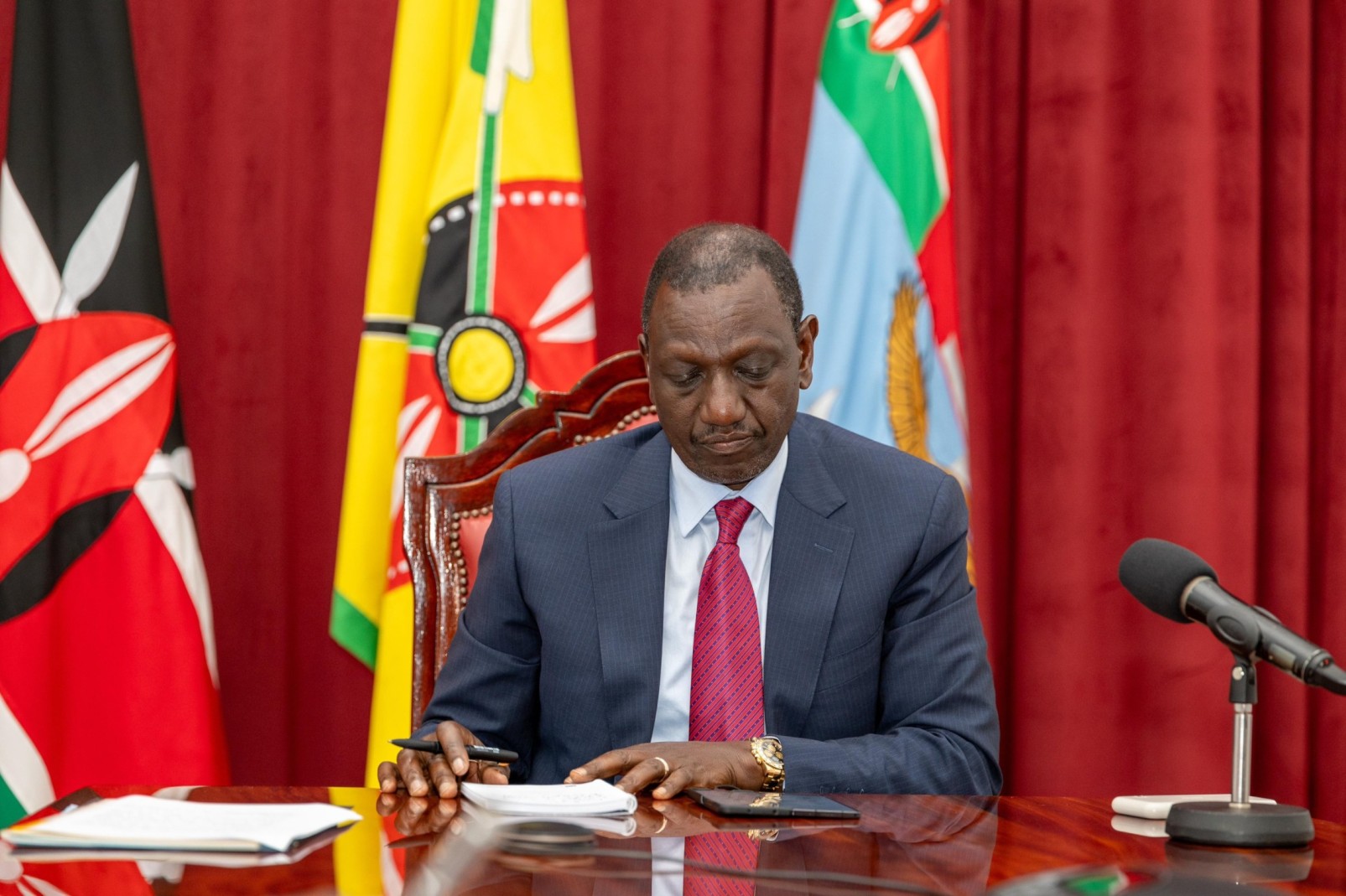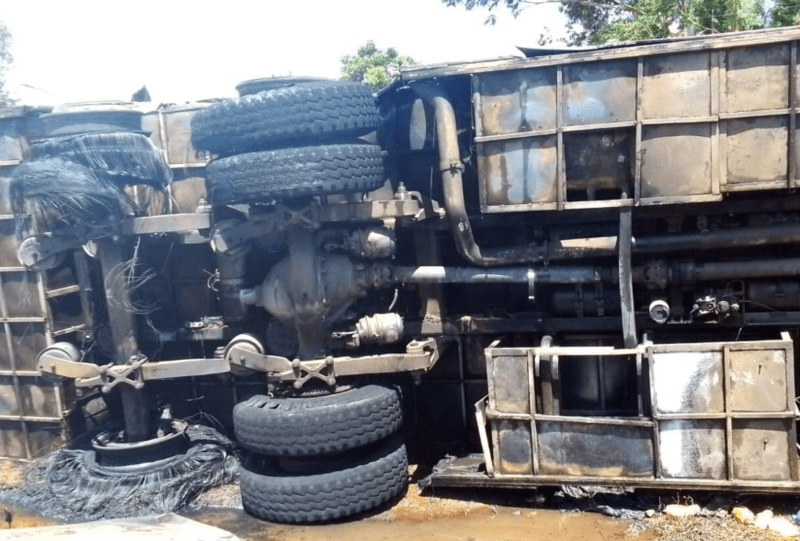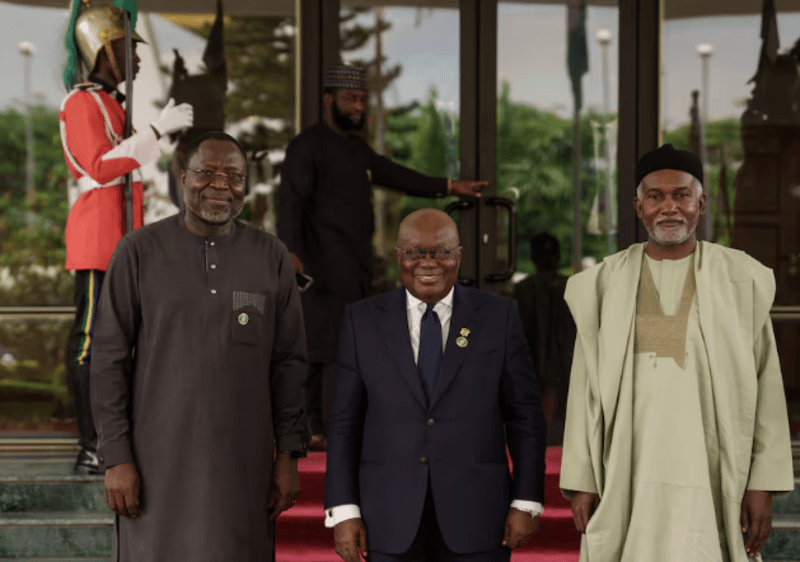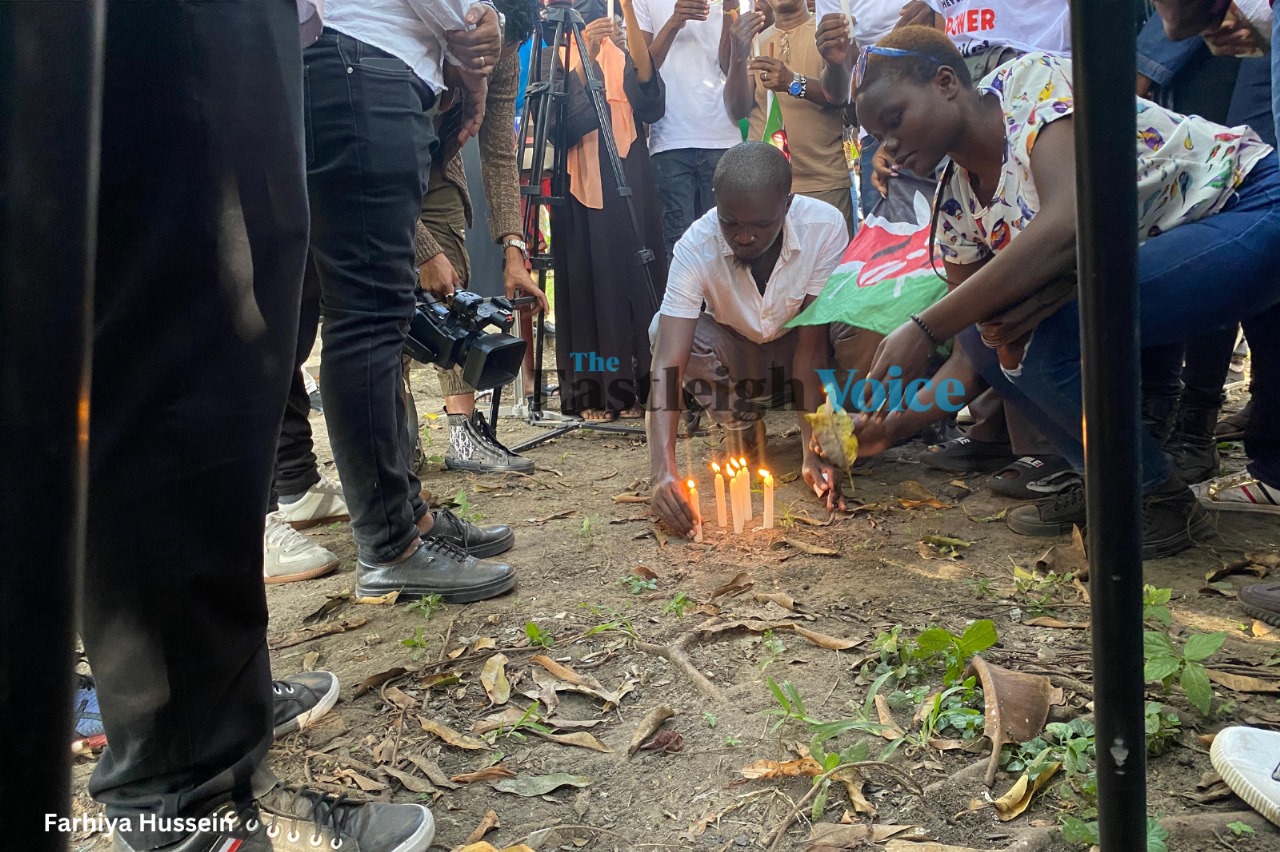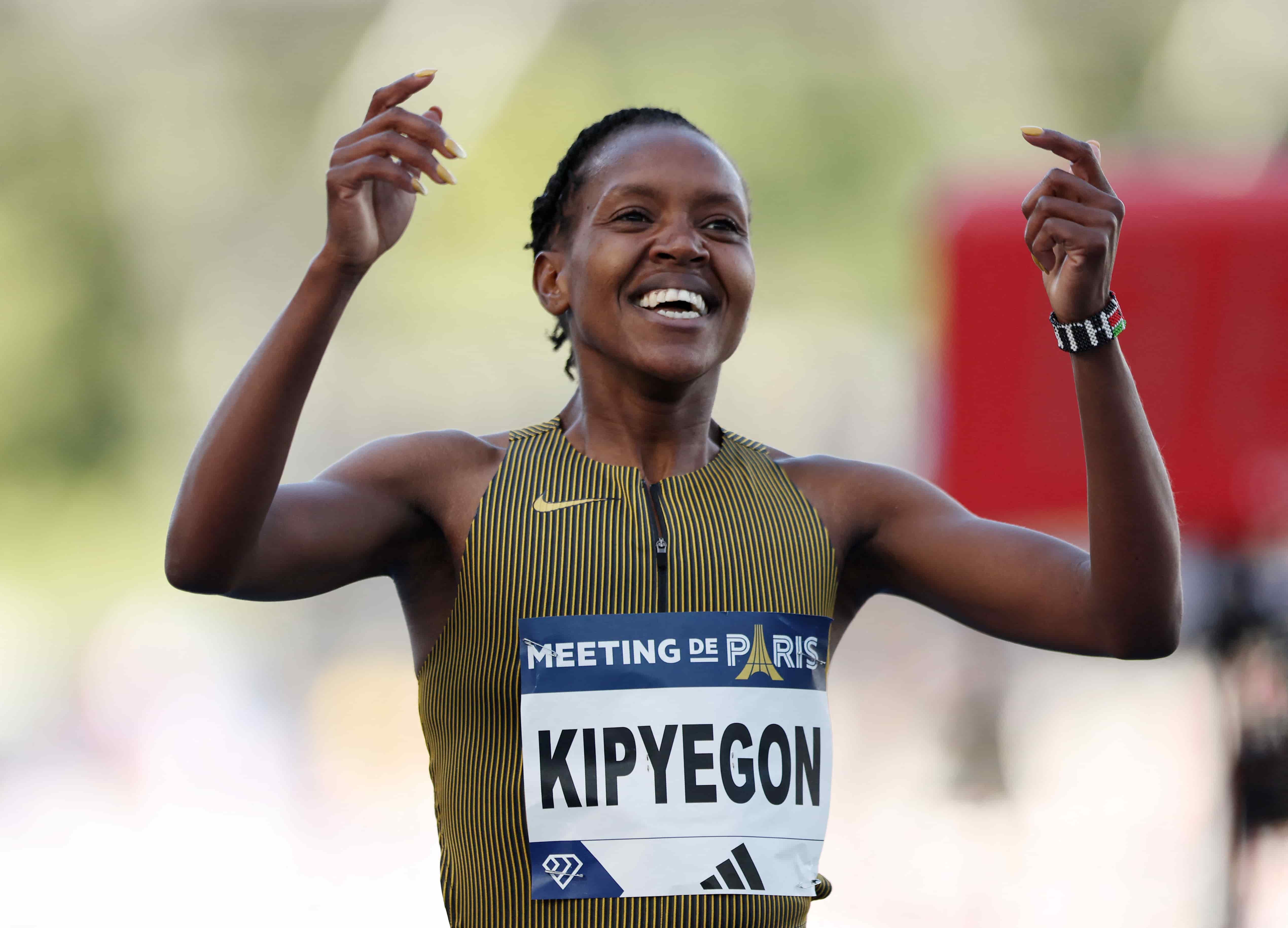Kenya to transition to mariculture and aquaculture to meet fish demand
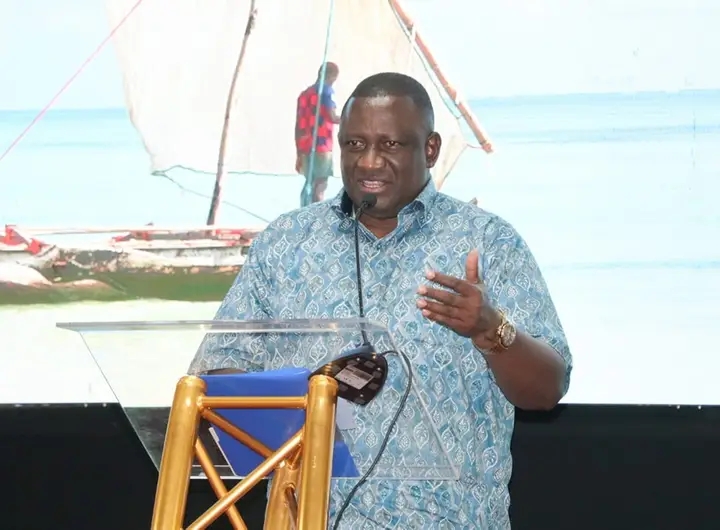
By Mishi Gongo |
While annual fish consumption has risen to 600,000 tonnes, the natural catch is shrinking and national fish production stands at 400,000 tonnes.
Kenya plans to transition from onshore fishing to mariculture and aquaculture to meet the increasing global demand for fish and capitalise on opportunities in the blue economy sector.
Mariculture refers to the farming of fish, plants, and other animals in salt water for human consumption while aquaculture is the cultivation of aquatic organisms in controlled aquatic environments for any commercial, recreational, or public purpose.
Keep reading
This is according to the CS Mining, Blue Economy and Maritime Affairs Salim Mvurya who spoke during the official launch of the second Blue Invest Africa 2024 Conference in Kwale County.
Kenya is dealing with a reduction in fish capture, according to experts, which is being caused by overfishing in Kenyan waters.
While annual fish consumption has risen to 600,000 tonnes, the natural catch is shrinking and national fish production stands at 400,000 tonnes.
The CS said that both concepts; mariculture and aquaculture have received a commitment from the European Union and other partners.
"We believe the two concepts will greatly improve fish production in the country," said the CS.
At the same time, CS Mvurya assured international investors of Kenya's readiness to capitalise on opportunities in the blue economy sector.
Mvurya noted that the government has implemented favourable legislation and developed essential infrastructure to facilitate and regulate investments in the blue economy.
"We have been able to synchronise our laws and regulations to create an enabling environment for both local and international investors," he said.
The CS added that the country has been working with partners to create an enabling environment in the Indian Ocean and inland waters to profile critical investment areas on blue economy and fisheries.
"The government has reliable research institutes such as Kenya Marine and Fisheries Research Institute that provide crucial data and technology to propel the blue economy," he said.
He notes that the conference comes at a critical time for the government, as it prepares to implement the economic partnership agreement with the European Union.
Mvurya said Kenya and the European Union have already agreed on several areas that will be critical to profile investments.
"The European Union partnership has helped Kenya attract investment and grow the blue economy. The sector has made greater strides since it was introduced in the country. This will also increase capacity building for young women and men so that they can get the necessary skills to exploit the sector," he added.
Bandari Maritime Academy and Technical University of Mombasa have been picked to offer marine courses to produce more professionals.
European Union Ambassador Henriette Geiger said the conference provides an opportunity for stakeholders to learn about innovation and technology to spearhead the processing of marine resources to foster blue economy investment.
She said sharing experiences in the sector will have an impact on decision-makers and other entrepreneurs to ensure the sector's sustainability.
"Stakeholders have engaged on issues of aquaculture, coastal tourism, fisheries and plastic transformation, we must take into consideration biodiversity loss and climate change," she said.
Kwale Governor Fatuma Achani said the county presents several opportunities within the blue economy due to its proximity to the Indian Ocean and rich marine resources.
She said some of the potential opportunities include; marine fisheries, aquaculture, coastal tourism, marine renewable energy, marine biotechnology and waste management.
The governor said the Shimoni Port stands to benefit from a public-private partnership, driving growth in the blue economy through sustainable marine resource management.






